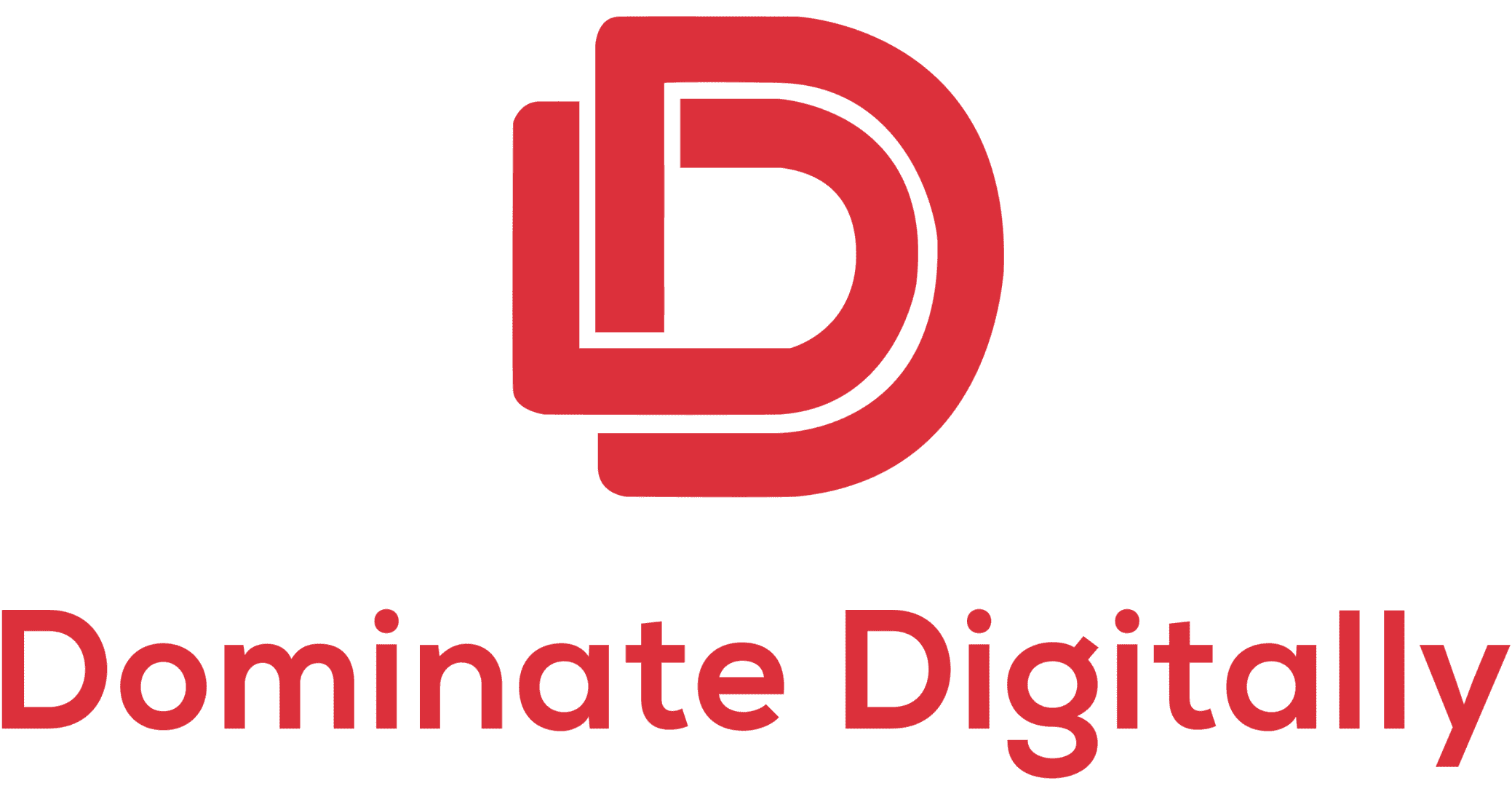In a recent report, half of the university students admitted to feeling unprepared for the job market, while 39% of employers believe recent graduates aren’t ready for the workforce. With these figures in hand, many people are questioning how well universities are preparing students for life after graduation.
Graduates face a difficult battle against stiff competition, which is exacerbated by the fact that they are not fully prepared for their desired careers. Furthermore, due to the lack of additional skills and credentials on resumes other than a degree, employers are having an increasingly difficult time finding the ideal candidate to join their team. Universities are attempting to alter their program(s) in order to help students meet employer expectations, but are these changes sufficient? We’ll look at how colleges and universities can better prepare students for marketing jobs in this post.
Marketers are familiar with terms like search engine optimization, return on investment, cost-per-click, and conversion rate. And that’s just the tip of the iceberg in terms of the knowledge required for a marketing position.

The need to be digitally transformed has accelerated across industries, especially since Covid-19 mandated that marketing activities be directed online. As a result, businesses require marketing graduates with digital skills who can raise brand awareness, generate leads, and increase revenue.
The issue is that many graduates leave universities and colleges without the digital skills that businesses demand. Nearly 80% of employers believe that current graduates do not arrive with all of the skills they require to be employable.
Ways Marketing Educators Can Prepare Students for Today’s Digital Jobs
There was a real sense of stasis or loss in higher education when the world paused for Covid, as the remote experience failed to replicate or replace the immersive on-campus experience. However, while higher education came to a halt, the rest of the world continued on. In fact, the economy’s digital transformation has accelerated. MIT’s David Autor described the pandemic as an “automation-forcing event” back in May of 2020, an idea that has proven prescient as businesses ramp up their digital transformation efforts in order to engage with all stakeholders — customers, suppliers, shareholders, lenders, and, most importantly, employees — remotely.

It’s natural to want to throw frisbees around the quad and put all the digital, remote stuff behind us as students return to campus this fall and campus leaders tout a return to some kind of (masked) normalcy. It’s made even more appealing by headlines about the hot labor market for college graduates. Unfortunately, given the recent digital transformation, this is the calm before the storm on campus. Colleges and universities must figure out how to provide students with digital platform skills and relevant work experience as quickly as possible. In the post-pandemic era, institutions that do so will be at the forefront of higher education.
Prior to Covid, higher education was facing an employability crisis, with nearly half of all college graduates ending up unemployed. For decades, this crisis has been building. While colleges have done a good job of equipping students with the cognitive skills they need to succeed as professionals — critical thinking, problem-solving, and executive function abilities — employers have changed. Systems and processes that were once physical or manual are now digital and automated, and they’re managed by sophisticated new business software or SaaS platforms that require dozens, if not hundreds, of hours of training to master.

# What are the needs of today’s students?
Marketing graduates want to leave academia with skills that will help them in the job market after spending time and money studying for a degree. They want to be able to apply for a job and be confident that they will be invited for an interview – or, better yet, that they will be hired!
Unfortunately, this is not the case for the majority of people. Working in the marketing industry has quickly evolved to include specializations such as paid search, content marketing, social media marketing, and data analytics, among others.
Students want higher education to focus on skills that will improve their employability and invest in activities that will benefit their future.

According to Cengage’s “Graduate Employability” report, 66% of graduates want more real-world experience and believe colleges should focus on:
- Access to online learning and certification programs as well as experiential learning
- Internships sponsored by the school
- Mentorships and introductions to business leaders in the area
Marketers today are not only expected to have more advanced digital skills than other graduates but they are also required to have them. Marketing students want the following things in addition to real-world experience:
- A working knowledge of digital platforms and technologies
- A certification or credential that improves job prospects and is recognized by employers
- Soft skills such as critical thinking, problem-solving, and creativity, among others.
# Fulfilling the Expectations of Your Employer
Employers believe that graduates should be able to jump right in when hired; however, the general complaint among employers is that graduates aren’t good enough and don’t live up to their expectations. Universities must adapt in order to prepare students to meet these demands.

– Appropriate Career Path
It’s a sad reality that many graduates spend years in school only to find out they don’t fit in once they’ve landed a job. Students should consider their career options long before they graduate. Interviewing potential employers about the position and expectations is one-way students can determine if they are entering the right field. Universities should make these resources available to students in order to assist them in determining the best career path for them before they graduate.
– Experiential Learning

Students spend far too much time listening to lectures and far too little time actually doing what they’ve learned. Employers frequently complain that recent graduates have only book skills and no hands-on or real-life experience. To better prepare students to meet employer expectations and job demands, hands-on training should be incorporated into the curriculum.
Internships are a great way to learn more about a field.
Students should have a couple of internships under their belts when they graduate in order to gain more experience. In order to land an entry-level position, 91 percent of employers expect students to have completed one to two internships prior to graduation. Prior to graduation, students who have some form of work experience on their resumes have a significant advantage over graduates who do not.
– The Interviewing Procedure
Universities must work with students to help them pass interviews, as 42% of employers believe graduates are simply unprepared, and 26% of employers say a candidate’s attitude turns them off. Students require more advanced instruction in interview preparation, including etiquette, appearance, and soft skills.
# What are the skills that today’s employers are looking for in graduates?
Businesses require marketing graduates who are both work-ready and socially skilled, as well as those who can use current technologies. According to Marketing Week, the demand for marketers with experience in social media, e-commerce, and data analytics is on the rise.

While WeForum predicts that analytical thinking, creativity, and flexibility will be the most sought-after skills by 2025, the top emerging professions will include data and artificial intelligence, content creation, and cloud computing. Marketers’ demand for digital expertise will only grow in the coming years. Customers are becoming more discerning and demanding, expecting personalized and relevant content and messaging. Through AI-driven technology, this will result in increased automation, improved user experience, and improved customer service. So, how can universities and colleges produce marketing graduates who are ready to enter the workforce? And what are the solutions to the problems they’re dealing with?

# Eliminate Outdated Training
Universities frequently provide students with outdated information and advice. The marketing industry is constantly evolving, especially as technology advances. In order to be diverse and adapt to the ever-changing marketing sector, students must be taught what is happening right now in marketing and advertising, not what was happening 20 years ago.
– Training in and for the Present

Every year, marketing trends shift, necessitating adjustments to the skills, techniques, and strategies required. In order to adapt to the industry once they’ve graduated, students must be prepared for current changes as well as predicted changes in the future. They will be able to prevent their marketing skills from becoming obsolete, as well as their careers if they have the ability to adapt.
– Putting Marketing Strategies to Work and Measuring Their Effectiveness
Recent graduates often have a difficult time adjusting to a new marketing department; as a result, they must know how to deal with this change in order to do their jobs effectively, which includes the ability to apply the correct marketing strategies they’ve learned and then monitor how well those strategies are performing. Many students are taught how to put strategies into action, but few are taught how to track their progress and make the necessary adjustments for a successful campaign. Before, during, and after a campaign, all aspects of training must be covered.
# What are the difficulties that educators face?

According to Microsoft’s report, ‘Unlocking the UK’s Potential with Digital Skills,’ only 28% of business leaders believe the education system provides adequate digital training.
According to an ITIF report, the situation is even worse in the United States, with one-third of workers lacking digital skills, 13% having no digital skills, and 18% having limited digital skills.
So, what are the challenges that higher education institutions face in providing digital marketing training?

1) Out-of-date marketing education – Many colleges and universities do not update their curricula every year or even every two years, resulting in outdated content. In a lot of cases, digital marketing isn’t even mentioned.
2) Finding the right teaching talent – There is often a digital marketing skills gap among university/training teams, making it difficult to teach students up-to-date digital marketing knowledge.
3) Understanding what employers want – There can be a disconnect between what employers want from graduates and what a university or college thinks employers want.
4) Time constraints – In higher education, resources are limited, and creating or updating course content takes time. Often, the necessary resources are not available.
5) Difficulties with cross-collaboration – Creating a cohesive plan across the institution and getting relevant departments and functions on the same page can be difficult.
6) Rapid change – Digital technologies and platforms move quickly and change frequently, making it difficult to stay current and reflect this in the curriculum and teaching.
With so many obstacles to overcome, colleges and universities require assistance in providing students with digital skills. Let’s take a look at how this can be accomplished.
# Make a Statement in the Crowd
A third of all employers seek candidates who can stand out from the crowd by bringing an open mind, creativity, and leadership abilities to the table. Employers do not want to hire another cookie-cutter graduate. Yes, students must be taught all of the standard marketing tools, but they must also be taught how to add that extra flair in order to differentiate themselves from their peers.
– Be creative and think outside the box

Employers are looking for candidates who can solve problems and bring new ideas to the table by thinking outside the box. They’re looking for someone who doesn’t always go with the flow and avoids general concepts and theories. Employers are looking for people who can take what they’ve learned in school and turn it into the next big thing.
– Planning for the future
Students must be strategic in their thinking. They can’t make broad generalizations about everything. They must be able to break down a project into its component parts and then devise the best tools and techniques for each one.
– Market on a Shoestring

If a graduate wants to impress an employer, they must know how to complete a project successfully while saving money. Companies are constantly looking for ways to cut costs, and not all companies can afford to run large marketing campaigns. The graduate will stand out by developing a marketing strategy that will run effectively for far less than what is estimated.
# What does the future hold for educational digital marketing?

It’s difficult to ensure that marketing graduates have marketable skills and are ready to work. Universities and colleges, on the other hand, are in the driver’s seat when it comes to bridging the skills gap between employers and students.
The key is to create relevant and up-to-date content for your marketing campaign. Students will gain valuable knowledge and skills by incorporating real-world experiences through case studies and experiential learning.
Mentorships, connections with local industry, and work-integrated learning can provide valuable hands-on digital marketing experience that many recent graduates lack.
Above all, think about including digital marketing courses in your marketing strategy. This approach will not only provide new and industry-relevant content, but it will also
add value, potentially increasing enrollments and student employability.

I’m a digital marketing practitioner by the day, and a student at night. If I were to pick a label, I’d call myself a digital marketing Jedi. I’m a strong proponent of the belief that hard work trumps talent every time. When I’m not working, I enjoy being a loving father to my daughter and like to spend as much time as possible with my wife and parents.



